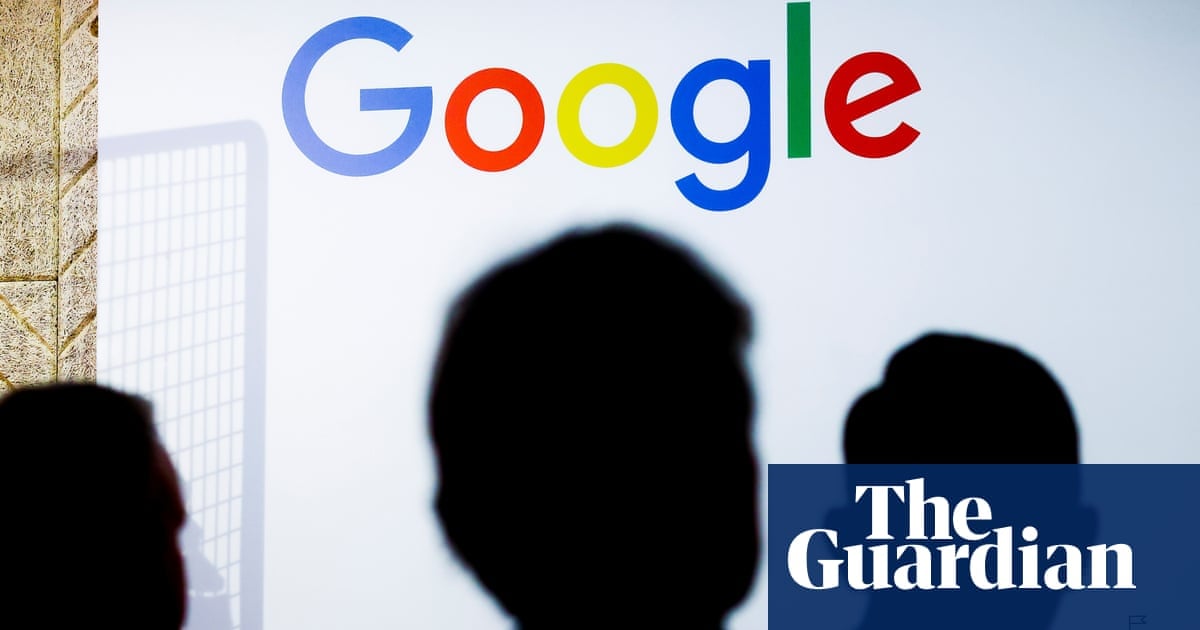AI Overviews are the culmination of a long line of products, going back almost two decades to the launch of its customized homepage, that have turned Google.com into its own self-contained online ecosystem. One of its first major advances in the amount of information Google would display on its search page came in 2012, with the debut of Knowledge Panels – boxes of information, usually taken from Wikipedia, that display basic information, photos and biographical details about a person or subject.
Knowledge Panels expanded to the point that Google chief executive Sundar Pichai boasted in 2016 that they contained 70bn facts. Next came other services like stock prices and weather reports that would have previously required users to direct their attention to websites, causing alarm among outlets built around providing such information. When Google began featuring sports schedules on its page in 2013, TechCrunch ran an article titled “Google Embeds March Madness Bracket In Search, Because Screw Sports Sites”.
…
Google has also expanded so much over the years that at times it’s hard to see the barriers of when its platform ends and another site begins. In 2015 Google launched accelerated mobile pages, or AMP, that loaded articles faster on Google’s platform. Major news outlets quickly began publishing AMP articles, only to find that AMP pages generated far less advertising revenue than their own mobile sites.
Publishers have long been wary of what Google’s strong gravitational pull has done to their reliance on the platform. The growing dependency on its traffic has resulted in over a decade of media companies seeking revenue through search-engine-optimized articles that range from HuffPost’s 2011 classic of the form “What Time is the Super Bowl?” to Bon Appetit’s recent “What is That White Stuff on Your Food?”. Those types of article, created in response to the chase for Google referrals, now seem the most likely to become fodder for AI Overviews.
…
The potential threat from AI Overviews is especially acute because other major platforms have become dwindling and unreliable sources of traffic.
Facebook’s changes to its news feed have sent reverberations throughout the media industry for years, drastically decreasing traffic to digital outlets and leading them to make major structural changes like the mid-2010s infamous “pivot to video”. Facebook has decreased its algorithmic emphasis on news content to the point that politics magazine Mother Jones experienced a 99% decline in referrals since its peak year, while Meta announced in February it would kill its Facebook news tab for US users. Entire countries such as Canada see no links to news on Facebook.
Other platforms haven’t offered any respite from Facebook’s turn away from news. Twitter, never a large source of traffic or ad revenue compared with Facebook or Google, has become even more irrelevant for publishers since billionaire Elon Musk took over the platform, spurned news content and embraced on-platform viral videos. Apple News has alternatively driven an immense amount of traffic to news sites that work with its app, but publishers have struggled to gain revenue from these partnerships, as most users stay within Apple’s platform.
What’s left for publishers is largely direct visits to their own home pages and Google referrals. If AI Overviews take away a significant portion of the latter, it could mean less original reporting, fewer creators publishing cooking blogs or how-to guides, and a less diverse range of information sources. It would also increase Google’s dominance over what we see when we look at the internet, an issue that is already the subject of antitrust lawsuits from the US Department of Justice that allege the company has illegally monopolized the search and advertising industries.
“Two decades ago, Google became the darling of Silicon Valley as a scrappy startup with an innovative way to search the emerging internet,” the justice department stated in its 2020 complaint. “That Google is long gone. The Google of today is a monopoly gatekeeper for the internet, and one of the wealthiest companies on the planet.”


I don’t think they are doing as good a job now as they were even 4 years back.